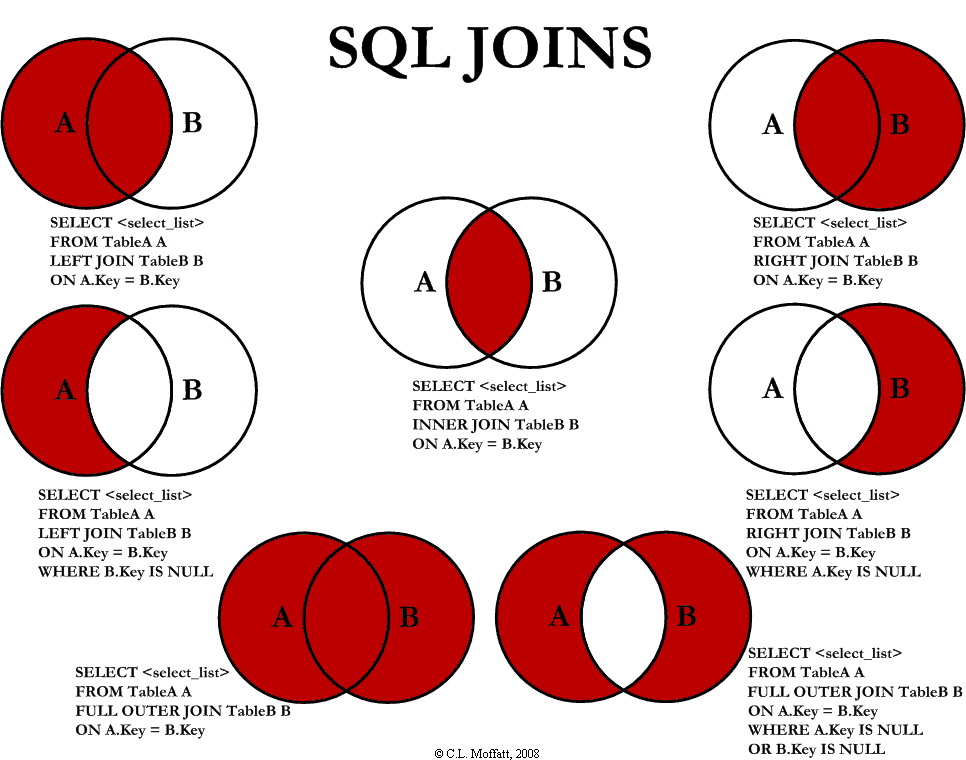Posted at 00:52h
in
Ruby
by heridev
In the past days I attended the http://gophergala.com/ event which it was a really good start in the Golang world, I learned some stuff about Golang, after to read this previous sentences you are going to say WTF is this post about ruby or Golang well I wanted to start writting about the Gophergala because the code that we are going create is created with the aim and purpose of cloning all the repositories from an account in this case the gophergala organization using ruby in a rake task, Why Am I doing this? just to put in only one place all these great resources (I will put in my account all of this repositories in one repository).
 If you want to retrieve all the orders that contain more than 2 shipments (Using Spree models)
[rails]
# this is using inner joins buy default from rails
Spree::Order.joins(:shipments).group("spree_shipments.order_id").having("count(spree_shipments.id) > 2")
[/rails]
If you want to retrieve all the orders that contain more than 2 shipments (Using Spree models)
[rails]
# this is using inner joins buy default from rails
Spree::Order.joins(:shipments).group("spree_shipments.order_id").having("count(spree_shipments.id) > 2")
[/rails]



